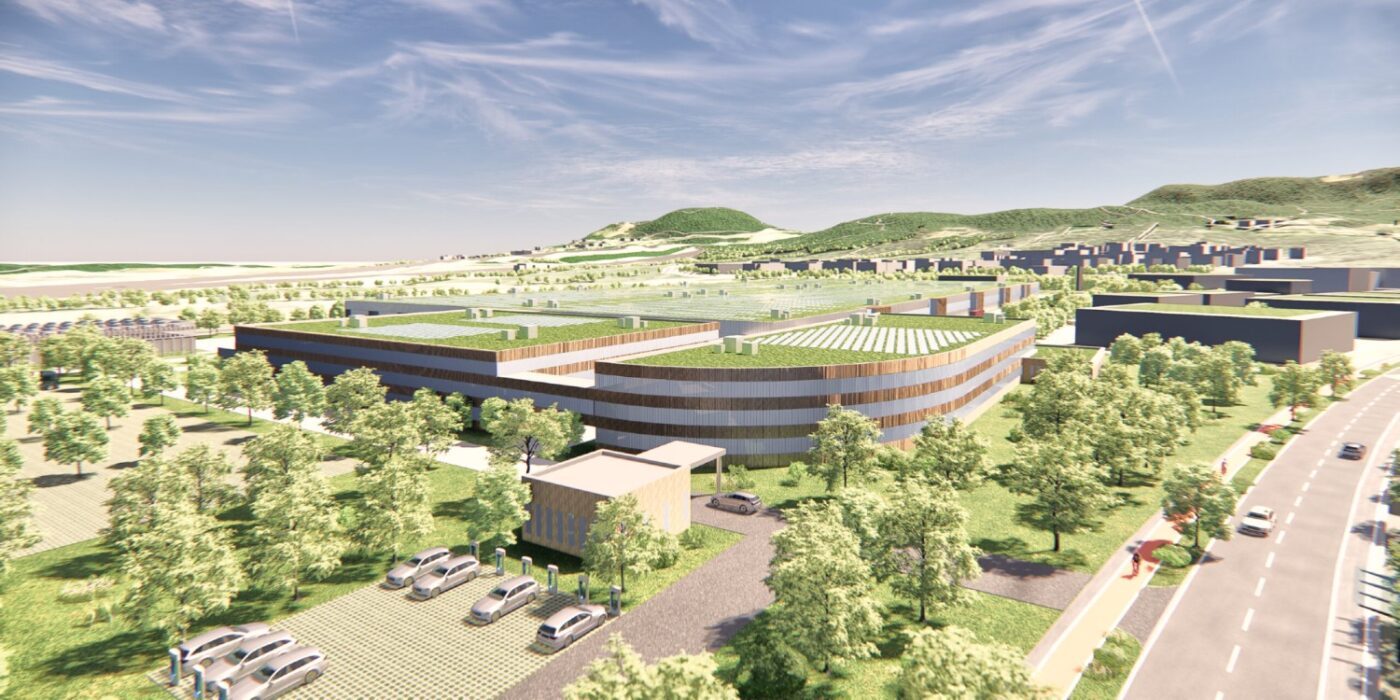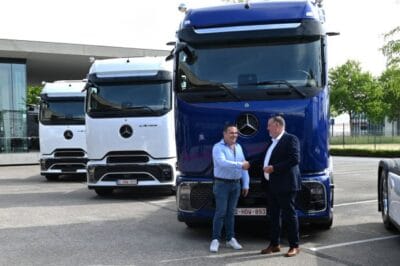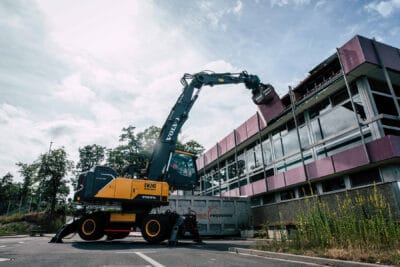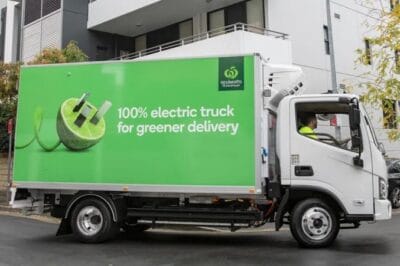Cellcentric admits delay in fuel cell factory
In January, the German town of Weilheim an der Teck had reached an agreement with the last remaining landowner of the central areas, more than a year and a half after the referendum that gave the green light for the new industrial estate. As a result, the negotiations with Cellcentric were to be “finalised” so that the first work could begin in autumn 2024, the city said a few weeks ago. The excavators were originally due to start rolling in 2023.
The FC joint venture founded by Daimler Truck and the Volvo Group has now also confirmed that it is lagging behind the original plan. “Due to the delayed purchase of the land, we are one and a half years behind the original schedule with the construction of our air conditioning plant,” Cellcentric CEO Matthias Jurytko told Automobilwoche. Despite the delay – the final construction phase is now not due to be completed until 2031 – Jurytko remains committed to the location. “We chose Weilheim because the expertise for fuel cells is concentrated in south-west Germany,” said Jurytko.
The original plan was for fuel cell systems for heavy commercial vehicles to be built in Weilheim from the beginning of 2026 – initially for the two shareholders and later also for third-party customers. Jurytko now told “Automobilwoche” that the plan for the first delivery should be met in 2027/2028. However, the first systems are not to come from Weilheim, but from Esslingen.
Cellcentric has a building there that was actually only designed for small series production. “We will expand capacity here accordingly until we can move to the new factory,” says Jurytko. With this trick, “we will manage the production start-up and the planned quantities by 2030”. The CEO did not say how much the unplanned expansion of the Esslingen site will cost in parallel to the actual factory construction in Weilheim or what will happen to the facilities in Esslingen once the Weilheim factory is completed.
Cellcentric took over the building in Esslingen and many of the current 350 employees from Daimler AG, including from the passenger car division. The fuel cell expertise was initially spread across the various divisions of Daimler AG, was later concentrated in commercial vehicles and then transferred to the Cellcentric joint venture – critics would rather use the term “outsourced”. Since the split of Daimler AG into the Mercedes-Benz Group (passenger cars and vans) and Daimler Truck with its trucks and buses, the passenger car division has virtually lost access to its former fuel cell developments.
Daimler Truck intends to hand over the first test vehicles of a fuel cell truck to customers for practical tests from the middle of this year, after the vehicles have already completed many test kilometres on public roads. The test customers include Amazon, Air Products, Holcim, Ineos and Wiedmann & Winz. The series production model is planned for the second half of the decade – and will then rely on sufficient fuel cell systems from Cellcentric.
Incidentally, the two joint venture partners are pursuing different approaches: The Volvo Group favours conventional hydrogen, i.e. hydrogen stored in gaseous form under 350 bar pressure. Daimler Truck, on the other hand, favours liquid hydrogen cooled to -253 degrees Celsius, as this has a higher energy density and therefore enables longer ranges. However, this technology is not widely used, especially in terms of infrastructure.
automobilwoche.de (in German)





0 Comments